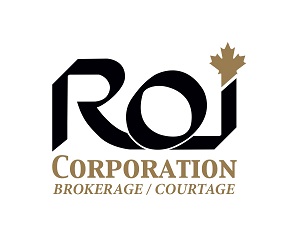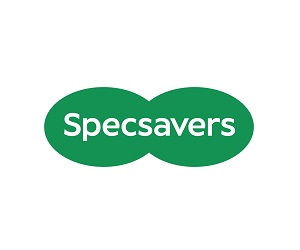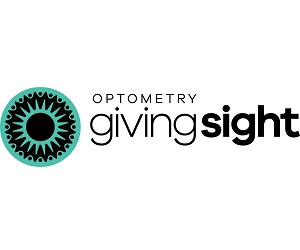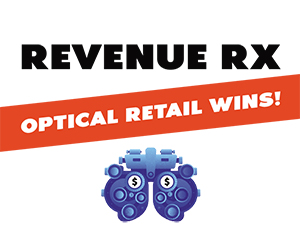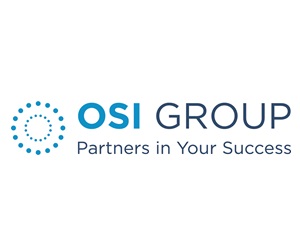UK Trained Optometrist
PhD in Vision Science University of Waterloo (2005)
USA Board Certification FCOVD designation (2011)
Founder & Director of Optometric Services, VUE³ Vision Therapy ClinicsDr. Quaid founded VUE out of his passion for visual rehabilitation, Having suffered the consequences of a brain injury at age 8 years in an auto accident, he knows first-hand what it can do to the academic potential of a child. He has also written a book for parents of children with learning difficulties on how vision is often a missing critical piece that is overlooked.
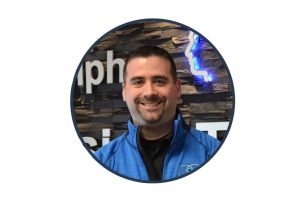
Dr. Patrick Quaid
Optometrist, FCOVD, MCOptom, PhD
Immediate Past-President, College of Optometrists of Ontario
Why did you choose your field?
When I was about 8 years old in Ireland, unfortunately I was involved in a car accident and ended up with both double vision and a speech impediment as a result. After quite the search, we eventually found both a speech and language pathologist and an Optometrist who made a massive difference to me.
At the time, although it was a very basic form of visual rehabilitation, it made a massive difference in my life by eliminating the double vision at near. This inspired me to pursue eyecare and try to make the same difference in the lives of others.
What is something you have done in your practice to set you apart?
After being extremely disappointed not to have learned a lot about VT in optometry school, I opted to pursue a PhD in Vision Science. After having completed the PhD and post-doctorate year at Waterloo (and some time in private practice), I opted to set up a “vision therapy only” clinic to essentially integrate research and real-world clinical interventions and track all data with the intention of publishing it and using it for further enhancements to our protocols. In essence, our clinic is a “living lab”.
Peer reviewed evidence is not just published papers but also clinical experience. Both of course are vital, but the latter has been majorly ignored and needs to be acknowledged. This “iterative process” allows us to constantly improve the rehab process to achieve higher rates of graduation from our program.
Have you changed since high school?
Majorly. In high school, although on the junior AAA national team (point guards are not meant to be tall), I was a very quiet and introverted student. Although “a straight A student” – few knew that it was a lot of work for me as I still had visual issues (i.e., tracking issues, headaches). I got through high school out of pure sweat equity.
Now in my 40s, one of my biggest lessons is realizing that wisdom and intelligence are not necessarily correlated. I know plenty of wise people who barely finished high school (my dad) and plenty of PhDs that lack common sense. I honestly had way more fun during my PhD years, when I was allowed to “think for myself” and form my own ideas.
I think primary school and high school are more about “teaching you what to think”, but of course education should be about teaching you how to think. As WB Yeats says, “Education is not the filling of a pail, but the lighting of a fire”, could not agree more.
Tell me something few people know about you?
By pure luck, I ended up being an extra in the movie “Saving Private Ryan” and got to meet Mr. Tom Hanks personally (as he wished to hear someone speaking my native tongue Gaelic). I was serving the Irish Defence Forces at the time. I also speak three languages (Gaelic, English and French) and am learning my fourth (Turkish) thanks to my wife!
What business books would you advise other ECPs to read?
Definitely “The Ideal Team Player” (by Patrick Lencioni). The approach Pat Lencioni takes with his “Humble, Hungry and Smart” rubric is pure genius. Not just in terms of figuring out “who to hire and ensuring you have the right team”, but also his additional “Working Genius” model also allows you to ensure you have “right person right role” essentially. Game changing book!
What habits in your opinion make you a successful person?
I have made my share of mistakes over the years like everyone else. However, I firmly believe that these three habits have saved me (i) never being so entrenched in my position that you are unwilling to change perspective, (ii) always taking the position that everyone (yes, even people you don’t like) have something to teach you and (iii) realize that everything is earned and not “deserved” and that the world is not always fair. Also, as we all get older, we tend to be less “full of fire and vinegar” and some more humility. We tend to get to “know ourselves better” over time.
I am always on a journey to know myself better – sounds odd, but you would be amazed how many people have not taken the time to figure themselves out. “Know thyself” is key to being successful. For example, impressing people is something younger people always try to do, this gets less as we get more self-confident and older. My dad (a career drill instructor in the army) always used to say, “if you knew how quickly we forget the dead, you would try less to impress the living”. Having serves for 35 years and done over a dozen tours internationally with the UN, I think he has a point. Being successful #1 means “knowing thyself”.
Which ECP leaders do you admire?
It is important to have people you admire, mainly because you then think about “why you admire them” which invariably moves you to emulate them in a good way. Two people come to mind immediately here. Dr. WC Maples OD FCOVD (Southern College of Optometry, retired; USMC retired) and Dr. Eric Singman MD PhD (Johns Hopkins Neuro-Ophthalmology).
Dr. Maples (or simply “WC” as most call him) is a gem to optometry to be frank. He is one of the wisest, most humble men I have ever met. In his 80s now, he is not only an absolute GENIUS in vision therapy and knew the “OD originators of VT”, but he is also a published researcher and a veteran (USMC, Vietnam). He is always willing to help others and has that quiet strength” that is only attained by “success with significant adversity.
Dr. Eric Singman is simply a powerhouse in “bringing people together” by always wanting to collaborate to publish data, regardless of politics. I think the main reason I admire both, is that they have achieved so much yet remain so humble and have a habit of “telling it like it is”.













